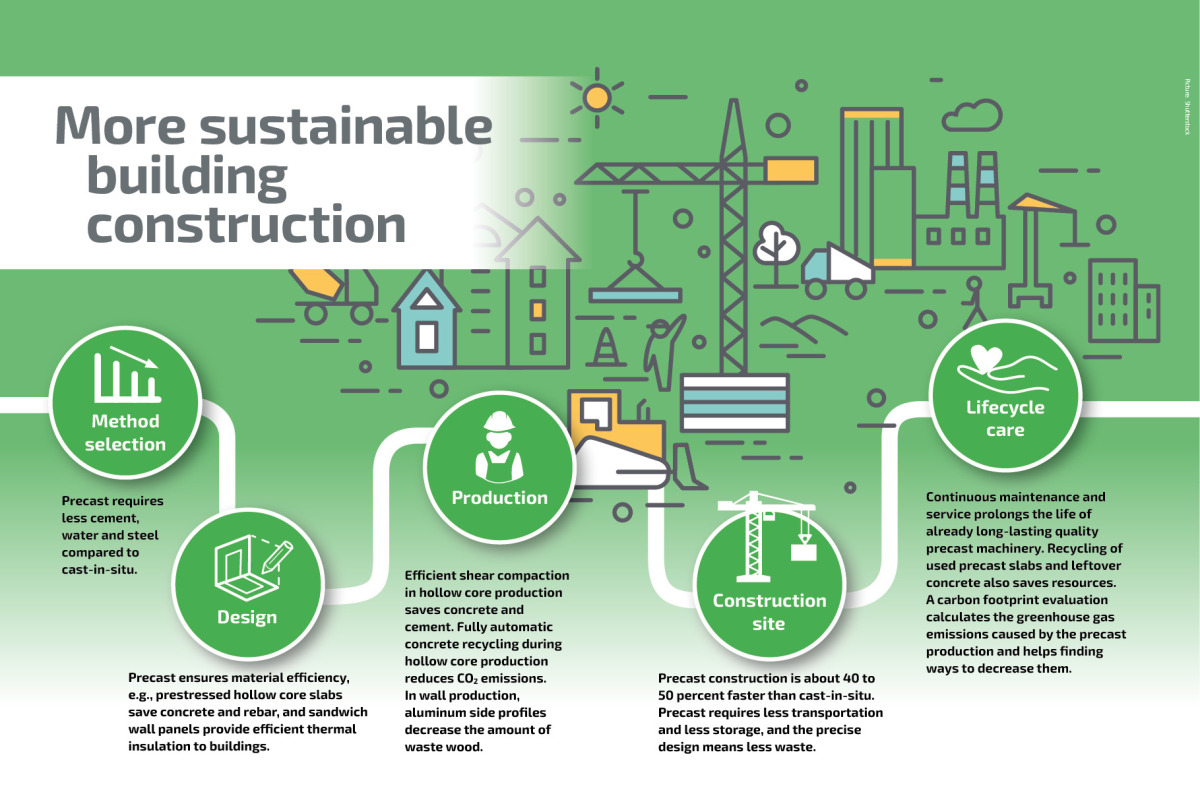 Real Blogger Outreach – Powerful Links. Zero Spam.
Real Blogger Outreach – Powerful Links. Zero Spam.
Choosing the Best Quality Cement for Durable and Sustainable Construction
Written by Advika » Updated on: June 17th, 2025

Cement is the backbone of modern construction, influencing the strength, durability, and longevity of structures. Whether it’s a residential home, a commercial building, or a large-scale infrastructure project, the quality of cement plays a crucial role in ensuring the structure's success. Selecting the best quality cement is essential for achieving high-performance results. This article explores the attributes of high-quality cement, its benefits, and tips for making the right choice.
1. What Defines the Best Quality Cement?
The best quality cement is characterized by its ability to meet stringent performance, durability, and sustainability standards.
Optimal Strength: High-quality cement provides excellent compressive strength, ensuring the structure can withstand heavy loads and harsh conditions.
Fine Particle Size: The fineness of cement particles impacts the rate of hydration, ensuring proper bonding and long-term durability.
Low Heat of Hydration: Premium cement minimizes cracks caused by heat during the setting process, enhancing the structural integrity of large projects.
Chemical Resistance: Superior cement is designed to resist chemicals, moisture, and corrosion, making it ideal for diverse applications.
2. Why Choosing the Best Quality Cement Matters
The choice of cement significantly impacts both short-term and long-term outcomes in construction projects.
Durability: The best quality cement enhances the lifespan of a structure, reducing the need for frequent repairs and maintenance.
Safety: Stronger cement ensures the safety of the structure, protecting it from natural disasters like earthquakes and storms.
Cost-Effectiveness: While high-quality cement may have a higher upfront cost, its long-term benefits, such as reduced maintenance, make it a cost-effective choice.
Eco-Friendly Options: Many manufacturers now offer green cement, which minimizes carbon emissions and supports sustainable construction practices.
3. Types of Cement for Different Applications
Understanding various types of cement can help in selecting the best option for specific projects.
Ordinary Portland Cement (OPC): Known for its strength and versatility, OPC is widely used in residential and commercial construction.
Portland Pozzolana Cement (PPC): This type contains fly ash or volcanic ash, offering better resistance to chemicals and reduced carbon footprint.
Rapid Hardening Cement: Ideal for projects requiring quick setting, such as road construction.
Sulphate-Resistant Cement: Designed for structures exposed to sulphate-rich environments, such as marine constructions.
4. Factors to Consider When Selecting the Best Quality Cement
Brand Reputation
Opt for established brands known for consistent quality and adherence to international standards. Reputable manufacturers invest in research and innovation to produce cement with superior performance.
Certifications and Standards
Ensure the cement meets certifications like BIS (Bureau of Indian Standards) and international quality standards. These certifications guarantee that the product has passed rigorous testing for strength and safety.
Manufacturing Process
Cement manufactured using advanced processes, such as rotary kilns and automated quality control, offers better consistency and reliability.
Packaging and Storage
Check the packaging for intact seals and proper labeling. Quality cement is always stored in moisture-proof bags to maintain its properties.
5. Top Benefits of Using the Best Quality Cement
Strength and Stability
High-quality cement offers exceptional compressive and tensile strength, providing a stable foundation for all types of structures.
Enhanced Workability
Premium cement ensures smooth application and superior bonding with other construction materials, resulting in better finishes.
Resilience to Harsh Conditions
Best quality cement withstands extreme weather conditions, chemical exposure, and heavy usage, making it suitable for industrial and coastal projects.
Environmental Sustainability
Eco-friendly cement blends, such as those containing fly ash or slag, reduce carbon emissions and promote sustainable construction practices.
Cost Savings
Reduced maintenance and longer structural lifespans translate to significant cost savings over time.
6. How to Identify Best Quality Cement
Consistency in Color
Premium cement has a uniform gray color, indicating high-quality raw materials and proper blending.
Smooth Texture
The cement should feel smooth and fine when rubbed between fingers, indicating proper grinding and mixing.
Setting Time
Check for the initial and final setting time. Quality cement strikes a balance between quick setting and sufficient time for application.
Strength Testing
Perform simple strength tests, such as submerging a small block of cement in water to check for integrity and resistance.
7. Role of Manufacturers in Ensuring Quality
Top manufacturers play a pivotal role in delivering high-quality cement to the market. They invest in:
Advanced Technology: Modern production facilities equipped with automation and AI for precise formulation.
Sustainability Practices: Implementing green manufacturing methods to reduce environmental impact.
Research and Development: Constant innovation to develop better-performing and eco-friendly cement blends.
Conclusion
Choosing the best quality cement is fundamental to building strong, durable, and sustainable structures. By focusing on strength, resilience, and environmental impact, cement manufacturers are meeting the evolving demands of the construction industry. Whether it’s a residential home or a large-scale infrastructure project, investing in high-quality cement ensures safety, cost-effectiveness, and long-term reliability. When selecting cement for your project, consider factors like brand reputation, certifications, and application requirements to make an informed decision.
Note: IndiBlogHub features both user-submitted and editorial content. We do not verify third-party contributions. Read our Disclaimer and Privacy Policyfor details.
Copyright © 2019-2025 IndiBlogHub.com. All rights reserved. Hosted on DigitalOcean for fast, reliable performance.











